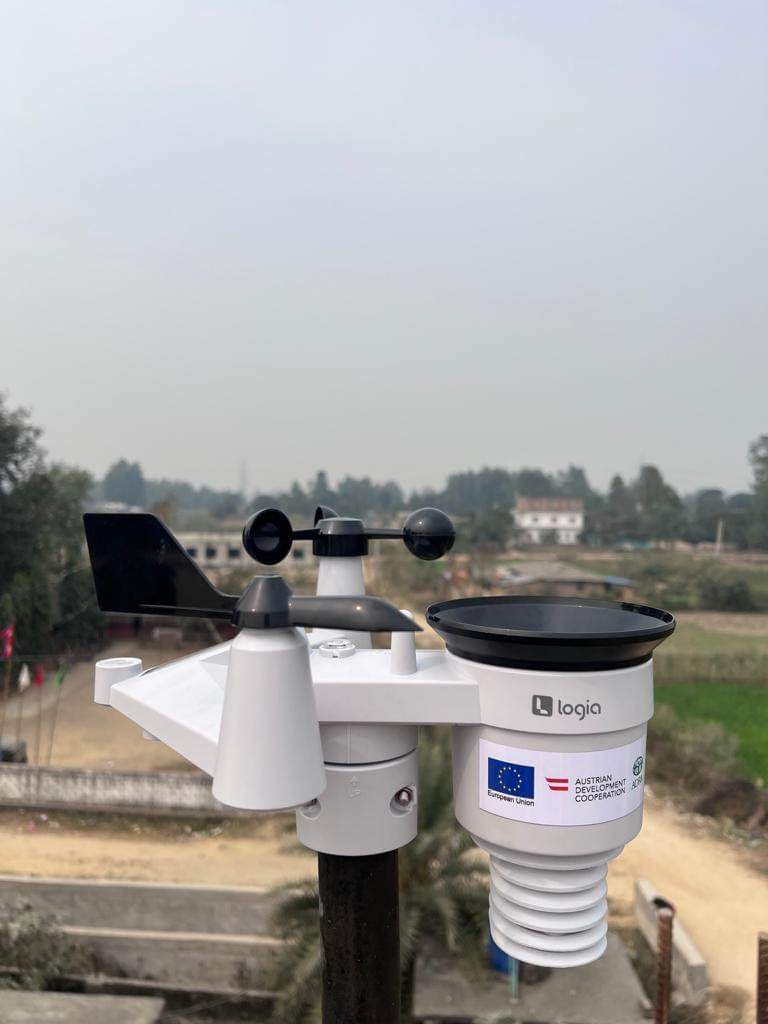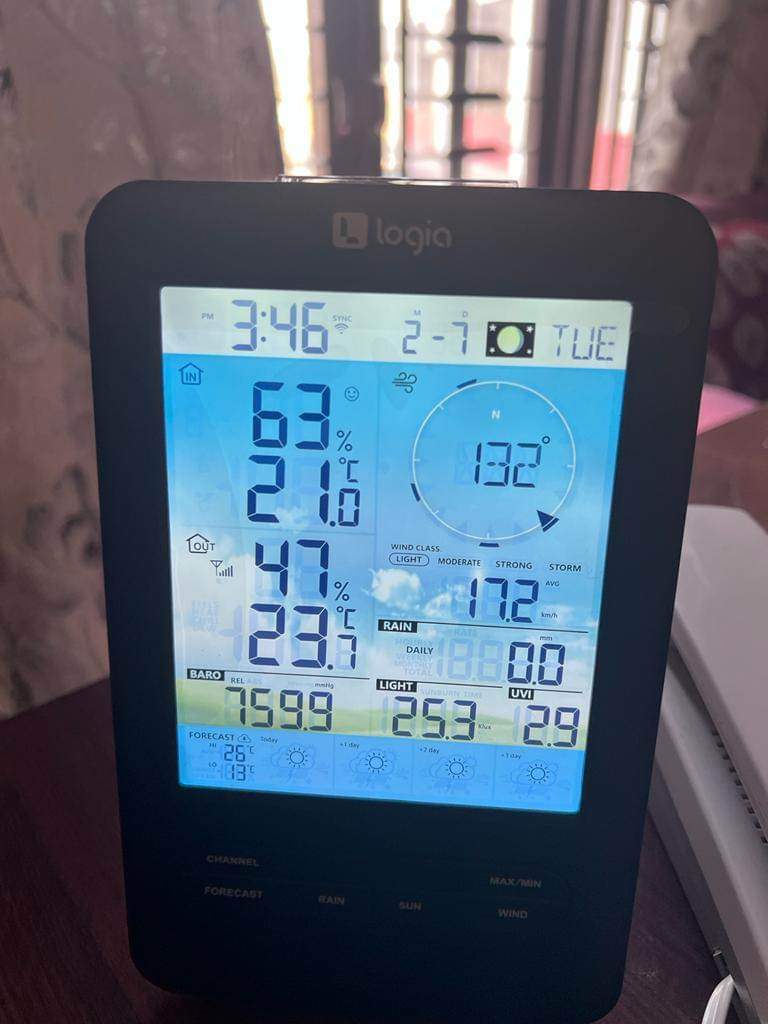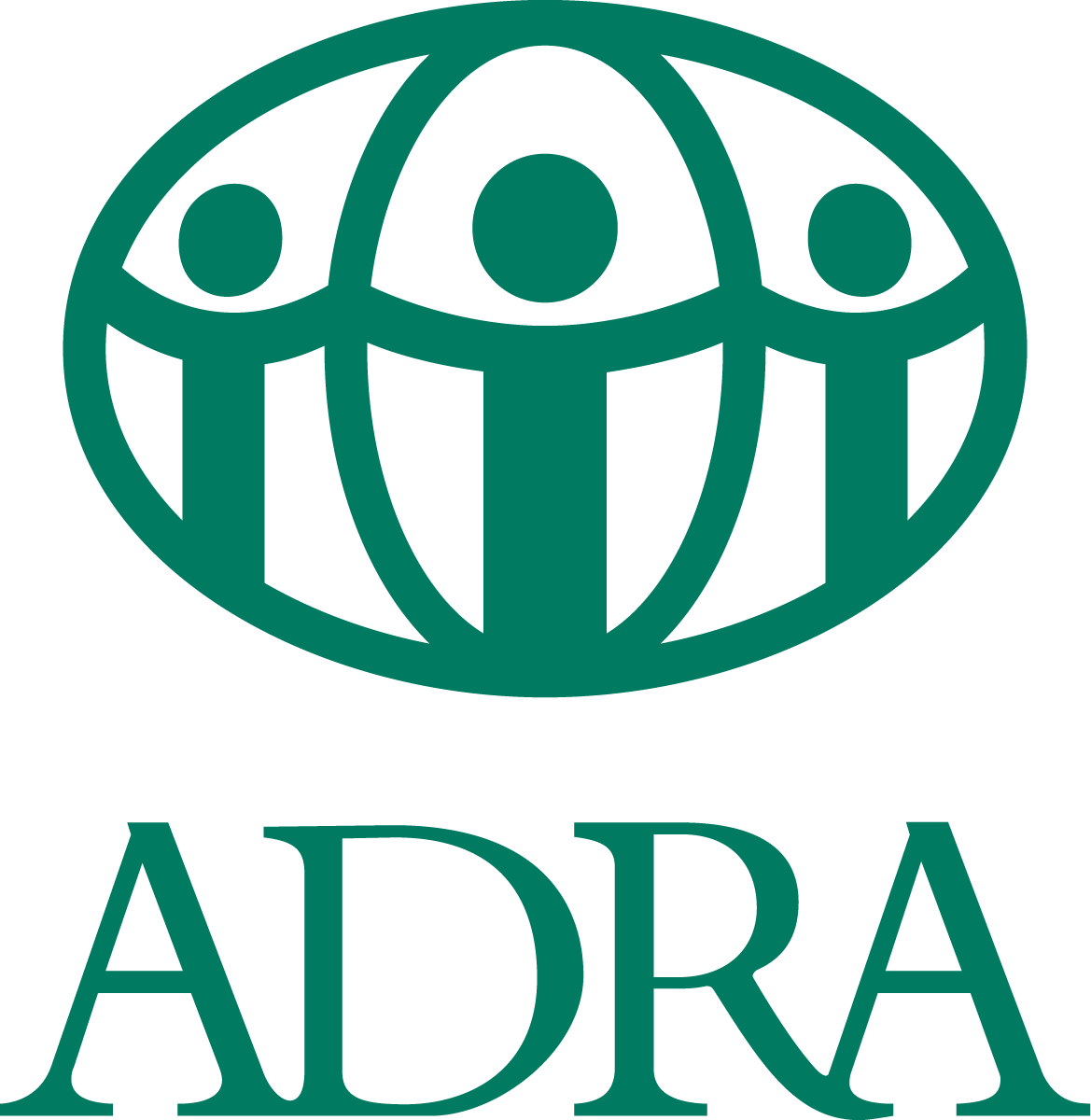

The impact of climate change is visible across many sectors; however, its effect is observed most prominently in the agriculture sector. Increasing average temperatures, erratic rainfall, flooding and soil erosion, irregular snowfall or rapid snow-melt, new pests, and the drying up of water sources are common impacts of climate change that adversely affect agricultural productivity. To reduce the effects of climate change, the LIRIC* project, funded by the European Union and Austrian Development Cooperation via ADRA Austria, is being implemented in six Local Governments (LG) of Dhanusa and Mohattari. It will support the community and local government by providing climate resilience technologies and capacity building to adopt best practices and mitigate the impacts.
Recently, the project provided micro-weather stations to six LGs in the project districts. The aim of these micro-weather stations is to help farmers get acquainted with the trend of climate change in long term and inform farmers about weather forecasting (especially rainfall). The micro-weather stations provide a three-day forecast on temperature, rainfall, and humidity, among other readings. The forecast information will help them plan their agricultural activities per the weather information, which will help minimize agricultural losses due to unanticipated rainfall.
All LGs now have access to weather information on their office premises. The project has planned to disseminate this weather information through various means like weather-app dissemination to CSOs members, and broadcasting through local FM channels to reach the wider population. The LGs appreciate the new weather stations as they help with their own annual planning as well as for their usefulness to farmers.
*LIRIC Project (Local Initiatives to Reduce the Impacts of Climate Change)
